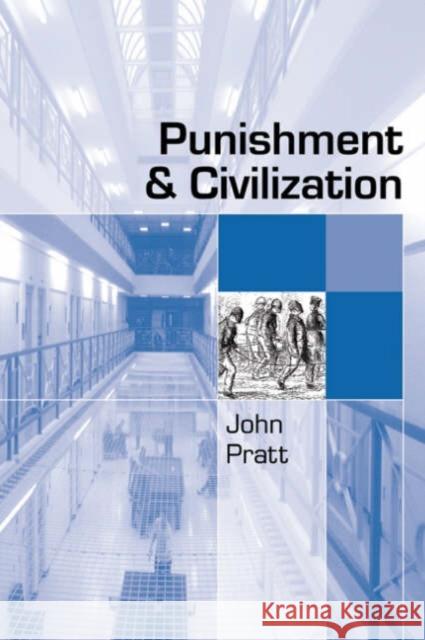Punishment and Civilization: Penal Tolerance and Intolerance in Modern Society » książka
Punishment and Civilization: Penal Tolerance and Intolerance in Modern Society
ISBN-13: 9780761947523 / Angielski / Twarda / 2002 / 214 str.
Punishment and Civilization: Penal Tolerance and Intolerance in Modern Society
ISBN-13: 9780761947523 / Angielski / Twarda / 2002 / 214 str.
(netto: 807,20 VAT: 5%)
Najniższa cena z 30 dni: 750,57
ok. 22 dni roboczych.
Darmowa dostawa!
A lucid and fascinating account of how society initially comes to be viewed as 'civilized' on the basis of how it punishes its offenders, and the various numances and contradictions that form the backdrop to that 'civilization' prior to 1970 and the unraveling of that process thereafter. ...He Pratt] has at the very least broadened the boundaries of the debate about the history of imprisonment in new and novel ways that will surely become a basis for future analysis' - The Howard Journal of Criminal Justice 'In presenting and organizing such a wealth of historical material, John Pratt's book will be welcomed by those who teach and study the history of the prison in the English-speaking world' - Criminal Justice Punishment and Civilization examines how a framework of punishment that suited the values and standards of the civilized world came to be set in place from around 1800 to the late 20th century. In this book, John Pratt draws on research about prison architecture, clothing, diet, hygienic arrangements and changes in penal language to establish this. The author demonstrates that this did not mean, however, that such a framework of punishment was 'civilized'. Instead it meant that punishment in the civilized world became anonymous and remote. Prison brutalities and privations could be largely unchecked by a public that did not want to be involved. In the last few decades it has become clear that civilized societies have to tolerate new boundaries of punishment. This is not because of any development of 'civilized punishment'. Instead this is due to a shift in public mood and power: from public indifference to public involvement in penal development. Throughout this text theoretical ideas and concepts are accessibly introduced and illustrated with a wide range of examples from the UK, USA, Canada, Australia and New Zealand. It will be essential reading for students and academics of punishment, prisons and social theory.











